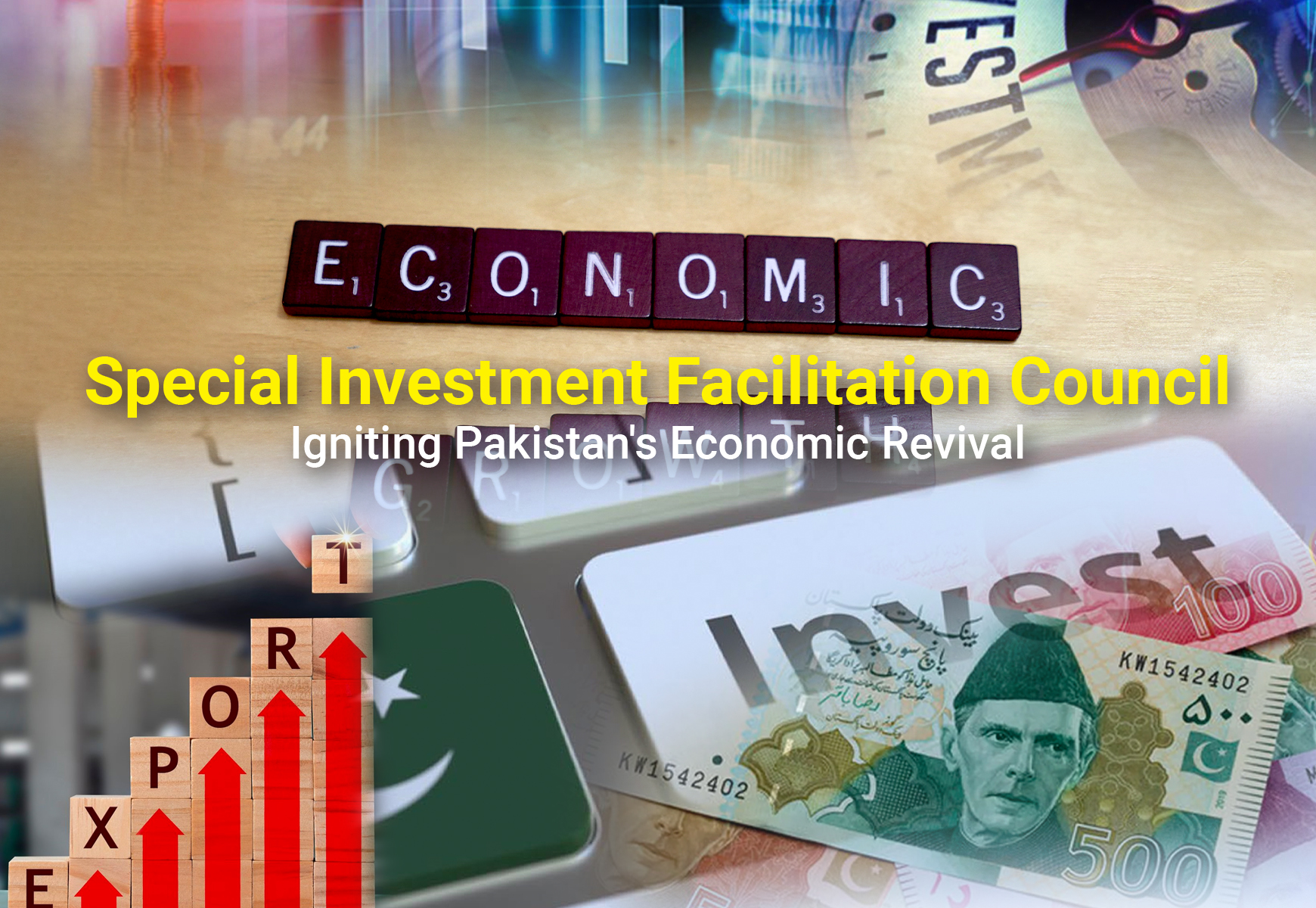Overview of the SIFC’s Decisions
In a significant move, Pakistan’s newly formed Special Investment Facilitation Council (SIFC) — a combined civil-military forum — has provisionally approved 28 projects worth billions of dollars. These projects are set to be offered initially to Gulf countries for investment. Some of the most notable projects include the construction of the Diamer-Bhasha Dam, and mining operations at Reko Diq in Balochistan’s Chagai district.
Potential Impact of Approved Projects
The approved projects suggest that if all schemes are taken up by Gulf countries such as Qatar, Saudi Arabia, U.A.E and Bahrain, the total investment under the SIFC could exceed US $28 billion, under the China-Pakistan Economic Corridor (CPEC).
Initially Approved Sectors and Projects
The initially approved schemes span across various sectors including food, agriculture, information technology, mines, minerals, petroleum, and power. They encompass cattle farms, a $10 billion oil refinery, exploration of copper and gold reserves in Chagai, and the Thar Coal rail connectivity scheme.
Legal Amendments to Support SIFC Operations
To provide legal backing to SIFC’s operations, the parliament has recently approved several amendments to the Pakistan Army Act, and the Board of Investment (BOI) Ordinance. These laws will expedite the execution of the approved investment projects, and grant immunity to the decision-makers, from any investigation by various state bodies.
Formation of Pakistan Sovereign Wealth Fund
Another law, the Pakistan Sovereign Wealth Fund, has been drafted to provide the much needed equity to SIFC’s approved projects, for both joint ventures (JVs) with foreign nations and single ownership schemes. The assets of seven profitable state-owned entities, including blue-chip companies listed on the Pakistan Stock Exchange (PSX), are being transferred into this wealth fund for use on the projects that are approved by the SIFC.
Which Countries will be Offered Investment Opportunities?
The government has identified 23 countries to pitch these projects, with primary focus on Saudi Arabia, U.A.E, Qatar, and Bahrain. To facilitate swift execution of the schemes, Pakistan will also issue priority visas to the interested citizens of these countries. This will ease travel related formalities, and lay the ground-work for fast track execution.
Joint Economic Management for Attracting Investment
The civil-military leadership now plans to jointly manage the economy to attract investment from the Gulf countries, aiming to boost Pakistan’s non-debt inflows and reduce reliance on imports.
Which Sectors will be Targeted?
Here is a glimpse of the major projects that are being pursued:-
Corporate Farming and Dairy
The SIFC’s apex committee approved a project for corporate farming on 10,000 acres in the Cholistan Desert, which will later be extended to 85,000 acres. It also approved the establishment of a dairy company, holding 20,000 Holstein Friesian animals, and a corporate feedlot farm of 30,000 animals.
Technology Zones and Mining Projects
The SIFC has approved the establishment of technology zones, optical fiber network, and Cloud infrastructure. It also gave the nod to Chiniot Iron Ore project, Barite-Lead-Zinc project, and the exploration of copper and gold in Chagai, as well as lead and zinc reserves in Khuzdar.
Power Sector Mega-Projects
Major projects in the power sector have been identified for sharing with the Gulf countries for investment purposes. These include the multi-billion dollar Diamer-Bhasha Dam, and Thar Coal Block II. The Solar PV Project at the locations of Layyah and Jhang have also been endorsed.
Special Powers and Immunities Granted to SIFC
The SIFC has been given special powers to summon any regulatory body, authority, public sector entity, and departments of the federal government. The body has been given power to relax or exempt an entity from regulatory compliance.
There will be complete immunity to SIFC from lawsuits, prosecutions or any other legal proceedings or penal action. No investigating department, anti-graft body, law enforcement agency or court can inquire about, or initiate a probe in relation to any commercial transaction, arrangement or agreement signed by the SIFC, according to the revised law.
We expect this bold SIFC initiative to bring in sizable Foreign Direct Investment (FDI). This in turn will generate economic activity across the country, and also ease the pressure on our devaluing currency.

